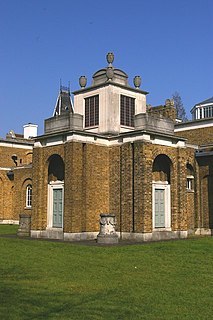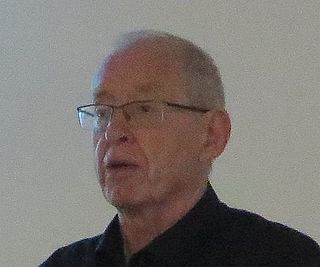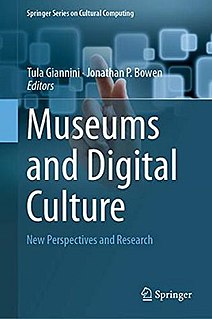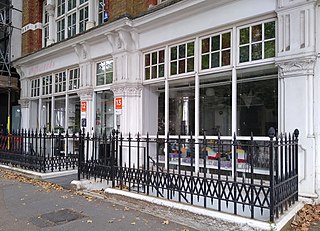 W
WMuseum informatics is an interdisciplinary field of study that refers to the theory and application of informatics by museums. It represents a convergence of culture, digital technology, and information science. In the context of the digital age facilitating growing commonalities across museums, libraries and archives, its place in academe has grown substantially and also has connections with digital humanities.
 W
WAn audio tour or audio guide provides a recorded spoken commentary, normally through a handheld device, to a visitor attraction such as a museum. They are also available for self-guided tours of outdoor locations, or as a part of an organised tour. It provides background, context, and information on the things being viewed. Audio guides are often in multilingual versions and can be made available in different ways. Some of the more elaborate tours may include original music and interviews. Traditionally rented on the spot, more recently downloaded from the Internet or available via the mobile phone network. Some audio guides are free or included in the entrance fee, others have to be purchased separately.
 W
WDigital Technologies and the Museum Experience (2008), edited by Loïc Tallon and Kevin Walker, is a book about the use of digital technology by museums.
 W
WDulwich OnView is a museum-based virtual community associated with the Dulwich Picture Gallery for the local community, based in the suburb of Dulwich, southeast London. It runs a blog-based online magazine concerned with people and culture in Dulwich and the surrounding area.
 W
WThe Electronic Visualisation and the Arts conferences are a series of international interdisciplinary conferences mainly in Europe, but also elsewhere in the world, for people interested in the application of information technology to the cultural and especially the visual arts field, including art galleries and museums.
 W
WMuseums and Digital Culture (2019), edited by Tula Giannini and Jonathan P. Bowen, who are also the authors of 12 chapters, is an interdisciplinary book about developments in digital culture with respect to museums.
 W
WThe annual MuseWeb conference is the leading international conference in the field of museums and their websites. It was founded and organized by Archives & Museum Informatics and took place each Spring in North America from 1997 to 2011. Since then has been organized by Museums and the Web LLC and Co-Chaired by Nancy Proctor and Rich Cherry, who also co-edit the proceedings.
 W
WQRpedia is a mobile Web-based system which uses QR codes to deliver Wikipedia articles to users, in their preferred language. A typical use is on museum labels, linking to Wikipedia articles about the exhibited object. QR codes can easily be generated to link directly to any Uniform Resource Identifier (URI), but the QRpedia system adds further functionality. It is owned and operated by a subsidiary of Wikimedia UK (WMUK).
 W
WSystem Simulation (SSL) is a software engineering company now specialising in text and multimedia information systems, based in Covent Garden, central London, England, and founded in 1970.
 W
WThe Virtual Library museums pages (VLmp) formed an early leading directory of online museums around the world. The resource was founded by Jonathan Bowen in 1994, originally at the Oxford University Computing Laboratory in the United Kingdom, It has been supported by the International Council of Museums (ICOM) and Museophile Limited. as part of the World Wide Web Virtual Library, initiated by Tim Berners-Lee and later managed by Arthur Secret. The main VLmp site moved to London South Bank University in the early 2000s and is now hosted on the MuseumsWiki wiki, established in 2006 and hosted by Fandom.